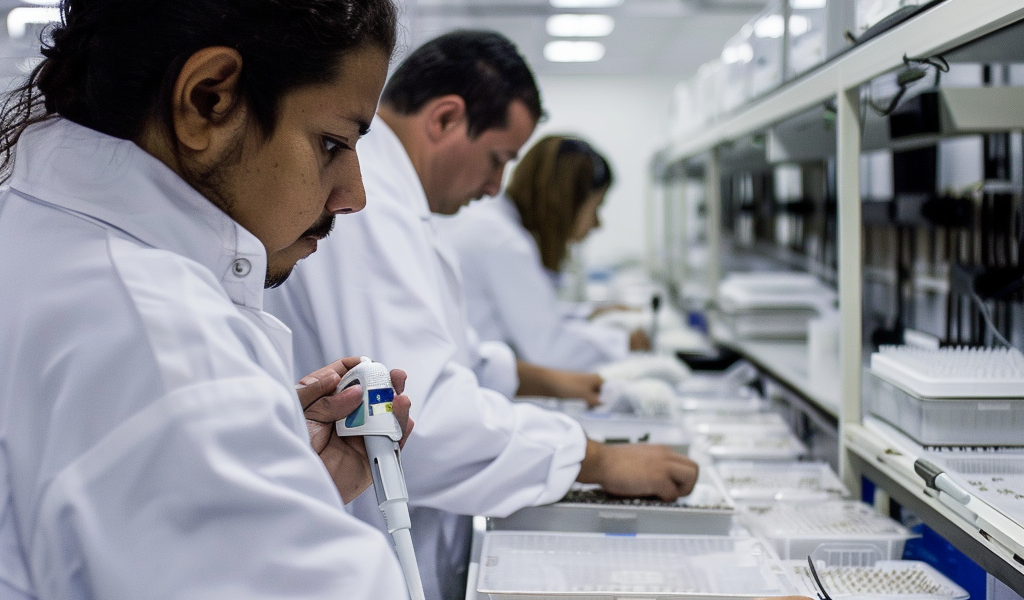The Ministry of Health, in collaboration with the Oswaldo Cruz Foundation (Fiocruz), the State Government of Minas Gerais, and the City Government of Belo Horizonte, unveiled the Wolbachia Biofactory on Monday. This 4,000 m² facility is dedicated to producing Aedes aegypti mosquitoes using the Wolbachia Method to combat dengue and other arboviruses.
The expansion of cities utilizing the Wolbachia Method and the establishment of new factories, like the one in Belo Horizonte, play a crucial role in preparing for future epidemics and safeguarding the Brazilian population. Ethel Maciel, the Secretary for Health and Environmental Surveillance at the Ministry of Health, emphasized the importance of encouraging and valuing science.
Managed by Fiocruz in partnership with the World Mosquito Program (WMP), the Biofactory is set to commence operations in 2025. It is equipped to oversee the entire lifecycle of Wolbitos, from eggs to mature mosquitoes. The program also involves distributing biological material and deploying administrative staff.
The Belo Horizonte Biofactory aims to produce around two million mosquitoes weekly. These mosquitoes, once released into the environment, will breed with local Aedes aegypti, creating a population incapable of transmitting diseases such as dengue.
In the initial phase of the project in Minas Gerais, Aedes aegypti mosquitoes carrying Wolbachia bacteria will be released in Brumadinho and 21 other municipalities within the Paraopeba River Basin. The State Health Department plans to extend mosquito releases to all municipalities in Minas Gerais in the future.
This strategy involves releasing Aedes aegypti mosquitoes carrying Wolbachia bacterium, which effectively inhibits the development of dengue, Zika, and chikungunya viruses in mosquitoes, thereby preventing transmission to humans. These specially bred mosquitoes, known as Wolbitos, are not genetically modified and do not transmit other diseases.
Ethel Maciel highlights the innovative nature of this strategy, emphasizing the importance of such initiatives in combating mosquito-borne diseases.





